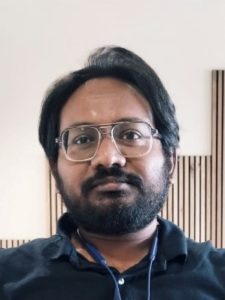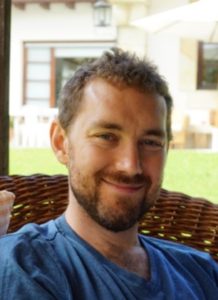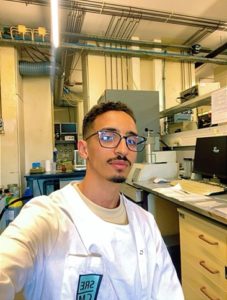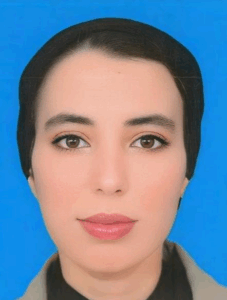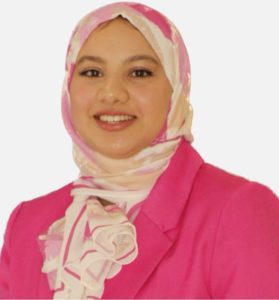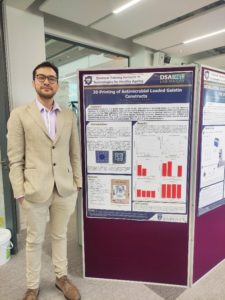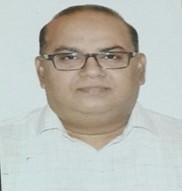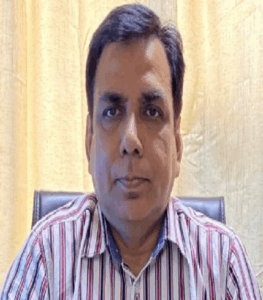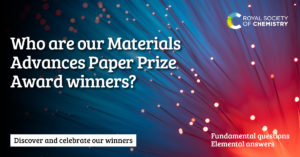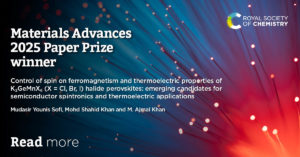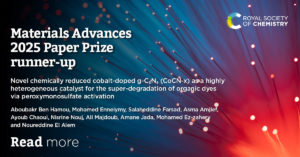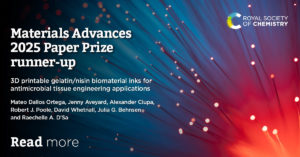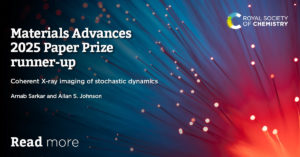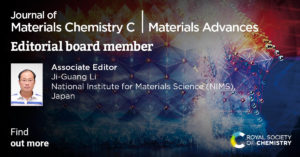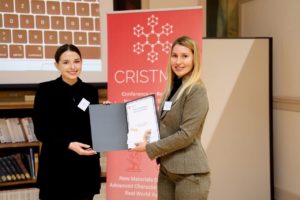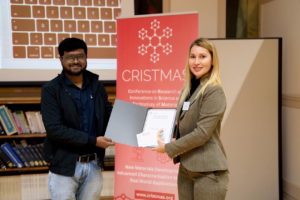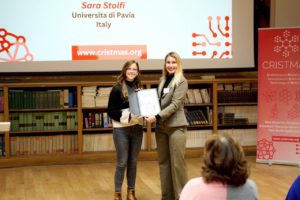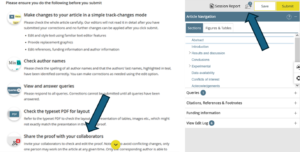Materials Advances is delighted to announce an open call for papers to our new themed collection focusing on polymer electrolyte membrane electrolyzers!
If you are interested in contributing to this collection, please get in touch with the Editorial Office by email.
This themed collection is Guest Edited by:
- Dr Shahid Zaman, Université du Québec à Trois-Rivières
- Professor Min Wang, China University of Petroleum (East China)
The growing demand for clean, renewable energy has intensified the need for efficient and sustainable technologies to produce hydrogen from water. Polymer electrolyte membrane (PEM) electrolyzers — encompassing both proton exchange membrane water electrolyzers (PEMWEs) and anion exchange membrane water electrolyzers (AEMWEs) — are emerging as promising solutions for green hydrogen production due to their high efficiency, scalability, and ability to integrate with intermittent renewable energy sources. However, to fully unlock the potential of these technologies, significant advancements in materials design and engineering are required.
This collection will be structured around two main themes:
- Research focusing on electrocatalyst materials and methods
- Materials development for cell components
Topics include but are not limited to:
- Material and methods for OER and HER electrocatalyst fabrication
- Research on PEM electrolyzer components developments, including membranes, ionomers, porous transport layers, gas diffusion layers and bipolar plates
- Catalyst layer fabrication, materials, methods and methodologies for PEM water electrolyzer cells.
We are happy to consider both review articles and primary research work.
Submit your article before 28 February 2026.
Publishing open access with RSC journals unlochttps://mc.manuscriptcentral.com/maks the full potential of your research – bringing increased visibility, wider readership and higher citation potential to your work. As a not-for-profit organisation serving the chemical sciences community, we ensure that our article processing charge (APC) remains the most competitive of major publishers. More details can be found here and the standard APC for Materials Advances is £2,100 (+local taxes if applicable). There is a 15% RSC member and RSC open access agreement discount available (applicable to full price only). You can also use our journal finder tool to check if your institution currently has an agreement with the RSC that may entitle you to a discount of the APC.
Additional submission information
Please add a “note to the editor” in the submission form when you submit your manuscript to say that this is a submission for the themed collection polymer electrolyte membrane electrolyzers.
The Editorial Office and Guest Editors reserve the right to check suitability of submissions in relation to the scope of the collection and inclusion of accepted articles in the collection is not guaranteed. All manuscripts will be subject to the journal’s usual peer review process. Accepted manuscripts will be added to the online collection as soon as they are online, and they will be published in a regular issue of Materials Advances.













